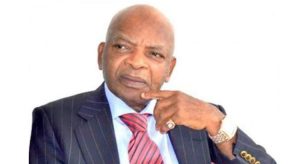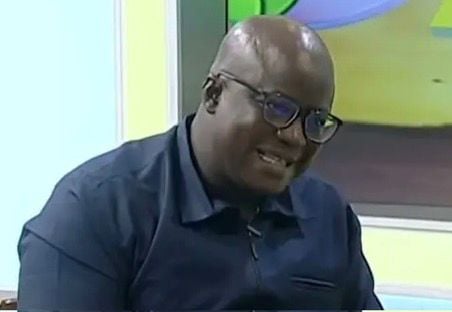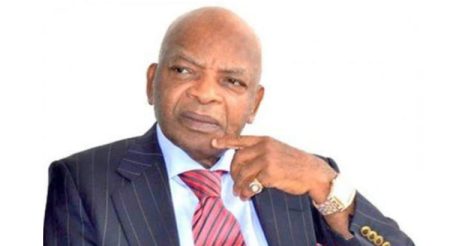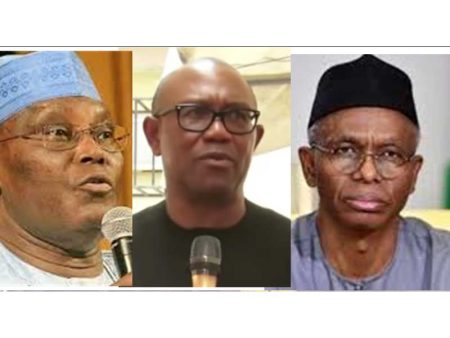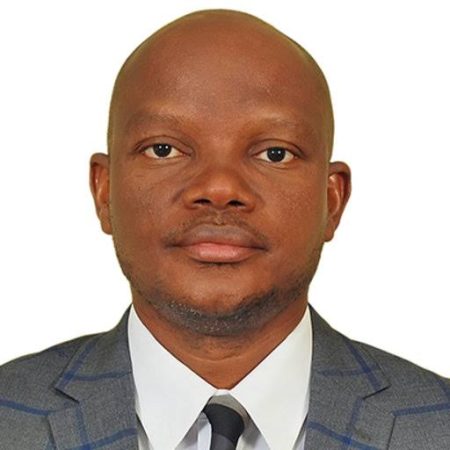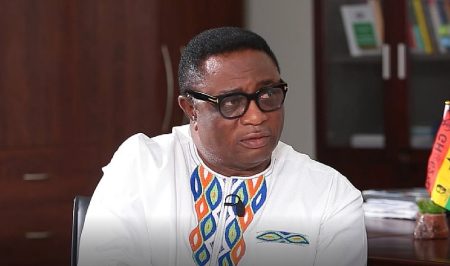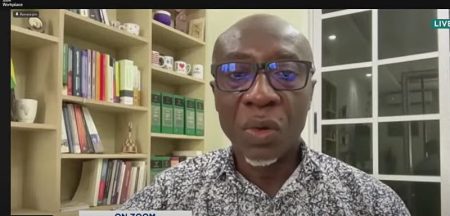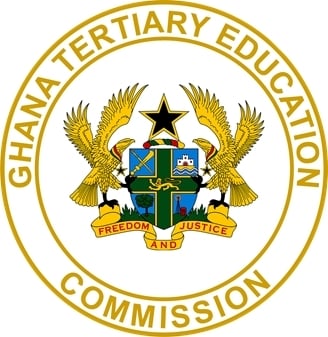The ongoing process to remove Chief Justice Gertrude Esaaba Torkonoo has sparked a heated political debate in Ghana, with accusations of wickedness and political vendetta being leveled against the opposition National Democratic Congress (NDC). Dr. Joshua Jebuntie Zaato, a Senior Lecturer at the University of Ghana’s Department of Political Science, has criticized the NDC’s approach, arguing that they are exploiting a flawed process they themselves acknowledge to remove the current Chief Justice, only to later amend the law to protect their own appointees when they regain power. This perceived double standard has been condemned as politically dishonest and driven by a desire for revenge rather than genuine concern for judicial integrity.
Dr. Zaato’s argument hinges on the NDC’s purported plan to use the existing, allegedly flawed procedures to oust Chief Justice Torkonoo and then subsequently reform the system to make it more difficult to remove their own future appointee. This strategy, as described by Dr. Zaato, suggests a cynical manipulation of the system for partisan gain, raising serious questions about the NDC’s commitment to fair and consistent application of the law. The accusation of “wickedness” highlights the perceived immorality of using a flawed process while simultaneously acknowledging its deficiencies, essentially admitting to exploiting a loophole for political expediency.
The controversy revolves around the government’s proposed legal reforms to address perceived loopholes in the constitutional framework governing the removal of justices of the superior courts. Majority Leader Mahama Ayariga announced these reforms in Parliament, citing the need to clarify procedures and avoid legal confusion in high-profile judicial cases. However, critics, including Dr. Zaato, view this move as a thinly veiled attempt by the NDC to insulate their future judicial appointments from removal, rather than a genuine effort to improve the system. This suspicion is fueled by the timing of the proposed reforms, coinciding with the ongoing efforts to remove Chief Justice Torkonoo.
Dr. Zaato’s critique underscores a deeper concern about the politicization of the judiciary. The accusation that the NDC is “afraid of its own shadow” implies a fear of being subjected to the same tactics they are currently employing. This suggests a lack of trust in the impartiality of the judicial removal process and a belief that it can be easily manipulated for political purposes. Such perceptions erode public confidence in the judiciary and raise concerns about the independence of the courts. The ongoing debate highlights the need for a transparent and robust system for judicial appointments and removals that is insulated from political interference.
The core of the controversy lies in the perceived hypocrisy of the NDC’s position. By acknowledging the flaws in the current system while simultaneously using it to remove the Chief Justice, the NDC opens itself to accusations of inconsistency and political maneuvering. The argument that they will only “bring better medicine” once their own appointee is in place reinforces the perception that their primary motivation is self-preservation rather than genuine concern for the integrity of the judicial process. This perceived self-serving approach undermines the credibility of the NDC’s calls for judicial reform and fuels accusations of political vendetta.
This episode highlights a broader challenge facing democracies: balancing the need for accountability in the judiciary with the imperative to protect its independence. While mechanisms for removing justices are essential to ensure accountability and address misconduct, they must be designed and implemented in a manner that prevents their abuse for political purposes. The current debate in Ghana underscores the importance of establishing clear, transparent, and consistent procedures for judicial removals that are resistant to political manipulation and safeguard the integrity of the judicial branch. The accusations of “wickedness” and political vendetta underscore the high stakes involved and the potential for such controversies to erode public trust in the justice system.




